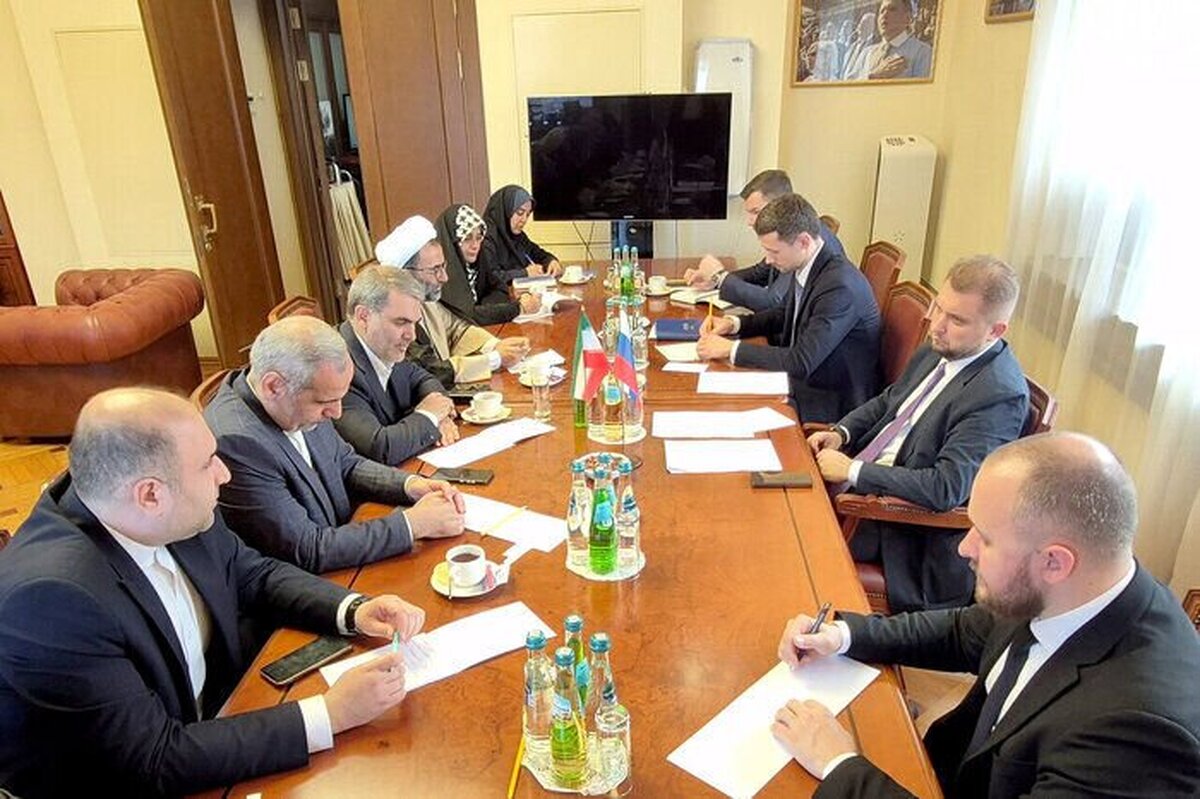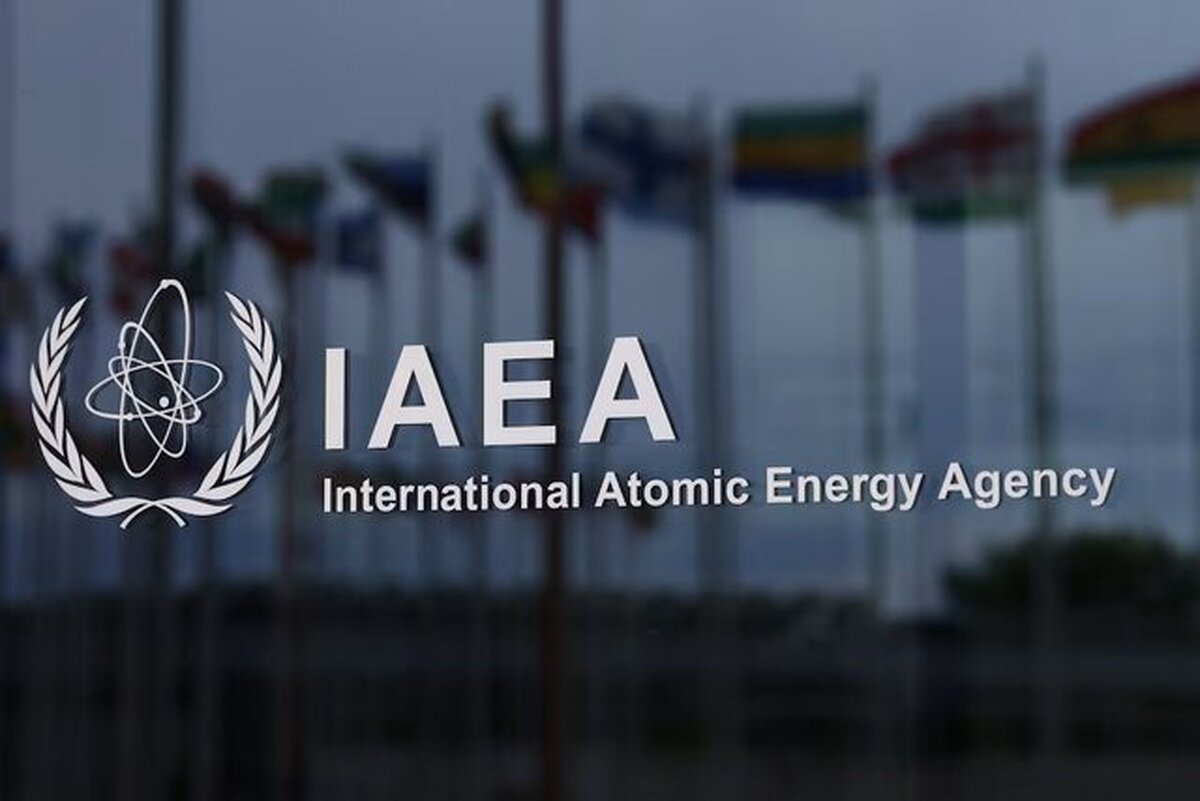
Iranian Lawmaker Calls for FATF Guarantees
EghtesadOnline: A senior lawmaker has voiced support for three of four legal measures required from Iran to be in good standing with the Financial Action Task Force, but said a guarantee is needed from the global watchdog that Iran will be able to reap the expected benefits when it fulfills its commitments.
In a talk with ICANA, the official news outlet of the parliament, Mohammad Reza Pour-Ebrahimi, the head of Majlis Economic Commission and a vocal MP, discussed Iran’s legal requirements to fulfill its action plan with the Paris-based intergovernmental organization tasked with combating money laundering and financing of terrorism.
“Amendments to the Anti-Money Laundering Law and the Combating Financing of Terrorism Law have been reviewed and approved by the parliament and face no problems,” Financial Tribune quoted him as saying.
“They will even significantly help create transparency.”
Pour-Ebrahimi noted that the bill aimed at joining Iran to the United Nations Convention against Transnational Organized Crime, also known as the Palermo Convention, was met with a degree of resistance from the Guardians Council, made up of six Muslim clerics appointed by Leader Ayatollah Seyyed Ali Khamenei and six jurists elected by the parliament, which is charged with ensuring draft laws do not contradict religious laws or Iran’s Constitution.
However, as Pour-Ebrahimi pointed out, “latest news from members of the Majlis Legal and Judicial Commission indicate that inconsistencies may be removed”.
That only leaves the bill aimed at joining Iran to the International Convention for the Suppression of the Financing of Terrorism, also known as the FT Convention.
Pour-Ebrahimi said there are serious concerns about the bill.
“Passing the bill aimed at joining the Islamic Republic to this convention is not in the national interest of the country under the current circumstances,” he said.
The lawmaker conceded that many inside Iran are concerned what will happen to the country and its already limited banking relations should it fail to complete the action plan, stressing that “to alleviate these concerns, guarantees must be obtained”.
“In other words, if our country approves and implements all four bills, there are no guarantees that international banks will work with Iran. Therefore, views concerning this issue are not positive and guarantees need to be obtained from the Financial Action Task Force,” he said.
Pour-Ebrahimi noted that the FATF literature is political and has no executive authority that will necessarily prompt other parties to cooperate.
His remarks are significant in that they come shortly before the FT Convention is to once again find its way to an open parliament sessions.
On Sept. 9, Behrouz Nemati, a member of Majlis Presiding Board, said the parliament will restart discussions on the bill after the parliamentary summer recess is over in two weeks.
Lawmakers had ruled early June that the review of the bill will be put on hold for two months due to uncertainties surrounding the Joint Comprehensive Plan of Action, Iran’s nuclear deal with world powers, following the unilateral withdrawal of the US on May 8.
On Sept. 10, Heshmatollah Falahat-Pisheh, the head of Majlis National Security and Foreign Policy Commission, said in an interview with the Persian newspaper Iran that CEOs of major Iranian banks have called on the committee to see the country’s four bills safely through parliament.
“Banks are worried that if FATF requirements are not met, they will be isolated and get disconnected from other countries,” he said.
In June, FATF said Iran has until October to complete reforms that would bring it in line with global norms or face the consequences of remaining in non-cooperative jurisdictions.
Iran has made efforts to implement standards set by FATF in the hope that it will be removed from a blacklist that makes foreign investors reluctant to deal with it.



